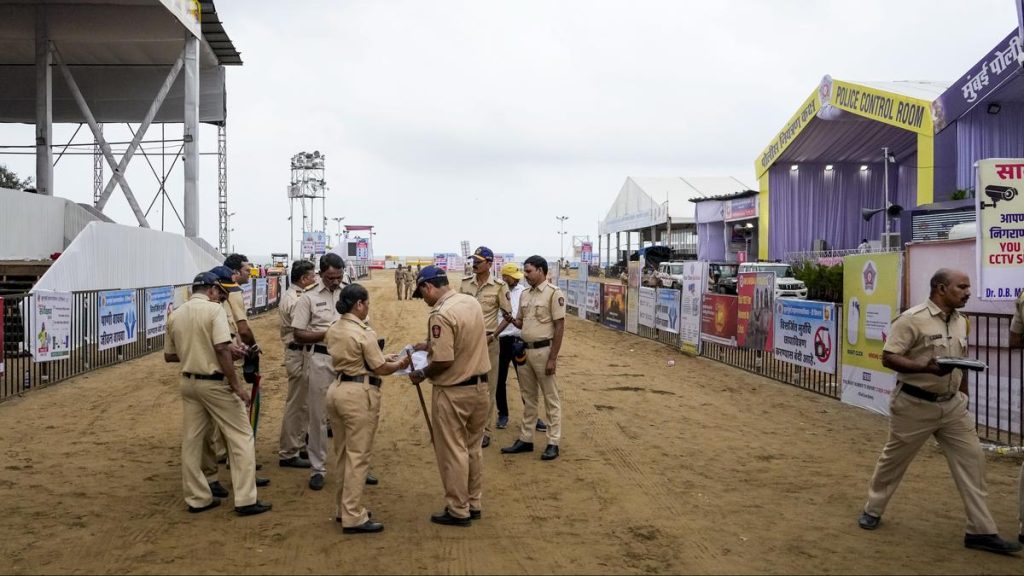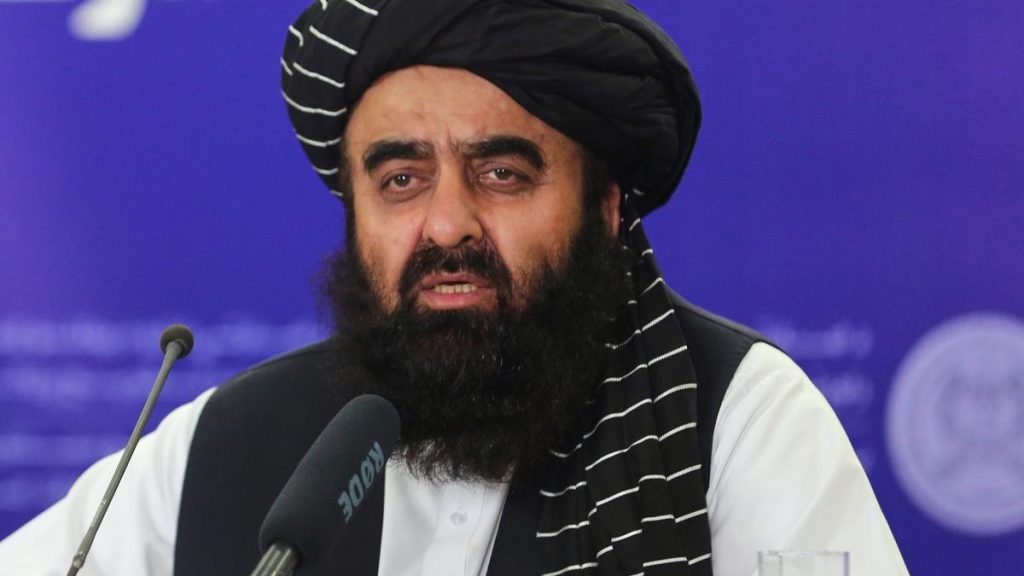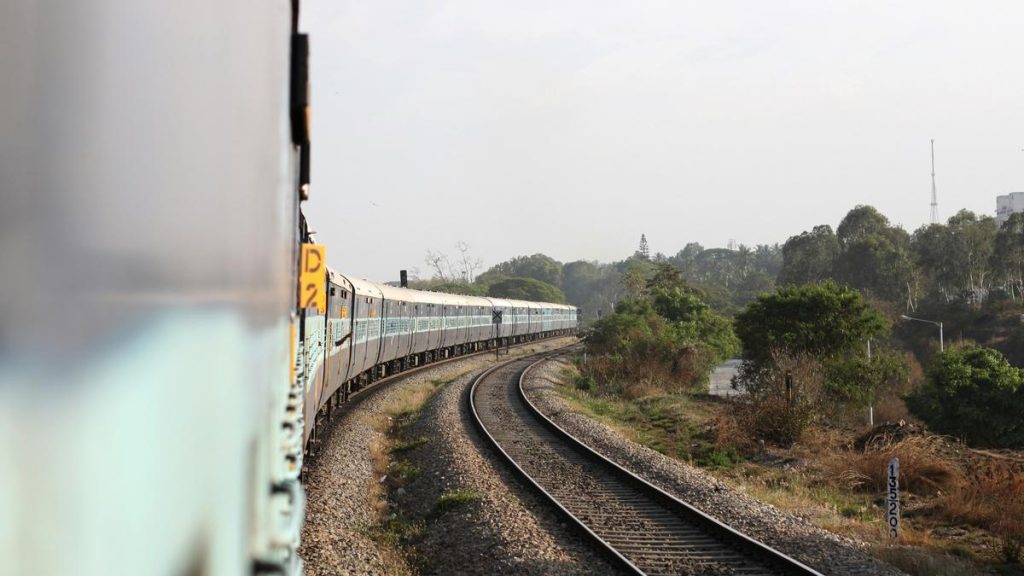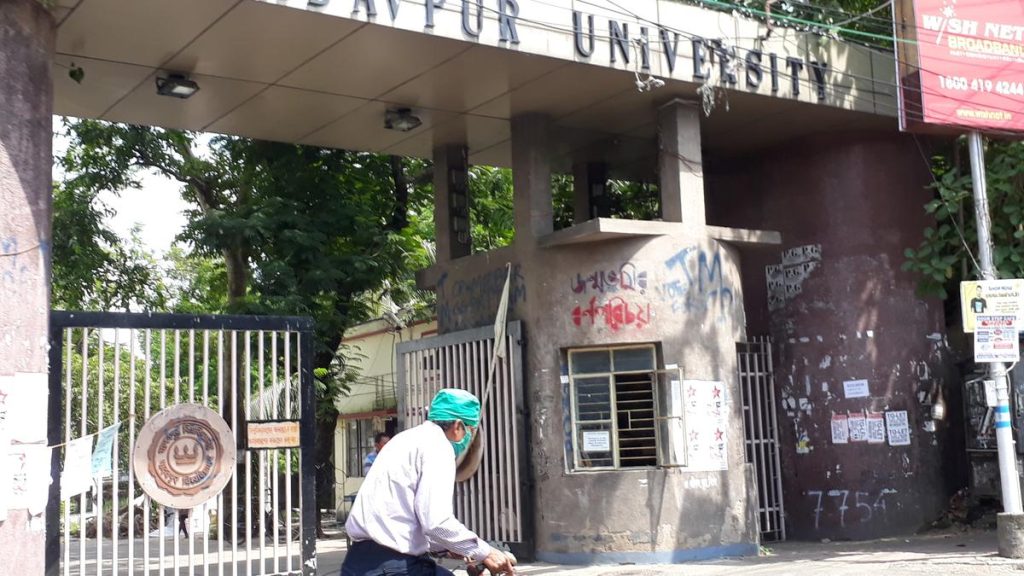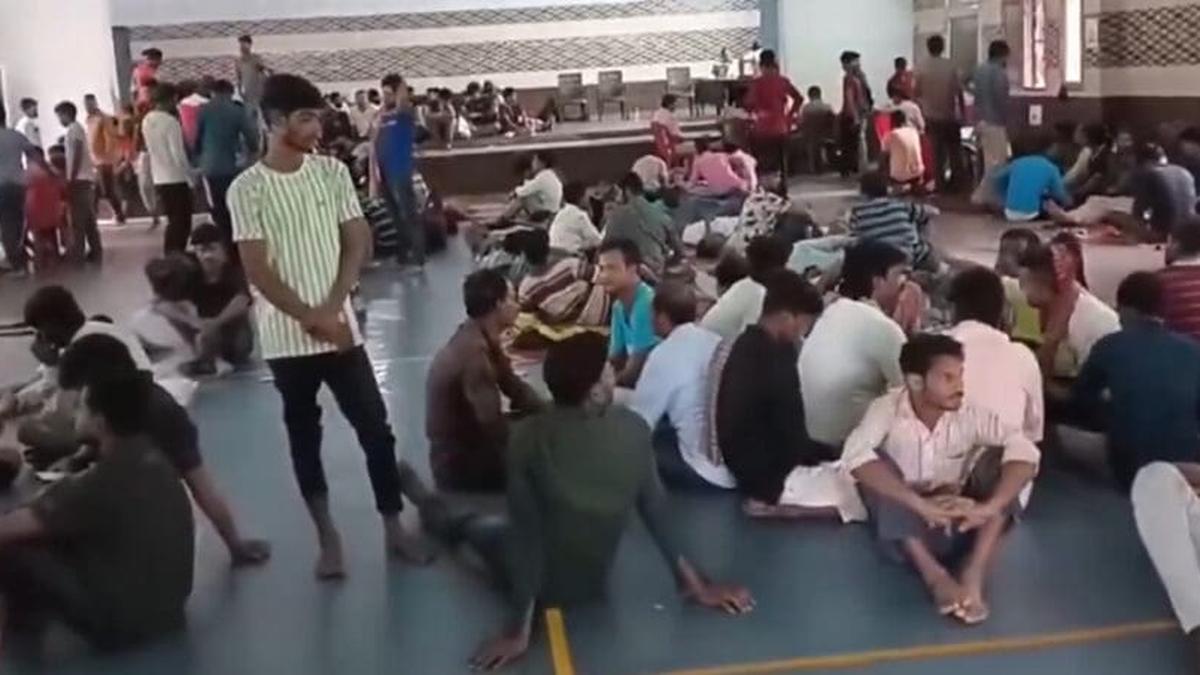Now Reading: SC to Hear Pleas on Bihar Voter List Revision Today
-
01
SC to Hear Pleas on Bihar Voter List Revision Today
SC to Hear Pleas on Bihar Voter List Revision Today
Speedy Summary:
- Supreme Court Hearing: A two-judge bench of the Supreme Court, headed by Justices Sudhanshu Dhulia and Joymalya Bagchi, will hear arguments on July 10 concerning the Special Intensive revision (SIR) of electoral rolls in Bihar, initiated by the Election Commission of India (ECI). Over ten petitions have been filed challenging the process.
- Petitioner Concerns: Opposition leaders, activists, NGOs, and lawyers argue that marginalised voters face threats of disenfranchisement due to stringent requirements for documents proving domicile. Petitioners have requested an interim stay on SIR.
- Controversial Discretionary Powers: Electoral Registration Officers (EROs), following field verifications and reports from booth Level Officers (BLOs), hold discretion over voter inclusion for those lacking valid documents. Critics allege this could compromise fairness and transparency.
- Political Protest: Congress leader Rahul Gandhi lead protests against SIR in Patna alongside rashtriya Janata Dal leader tejashwi Yadav. He alleged voter suppression targeting marginalised communities ahead of upcoming Bihar elections slated for November 2025.
- Legal Debate: Some critics question whether ECI’s powers to implement revisions conform with provisions outlined in the Representation of People Act.
Indian Opinion Analysis:
The Special Intensive Revision has generated significant controversy due to its timing mere months before Bihar’s Assembly elections. While ensuring an accurate electoral roll is essential for democratic integrity, concerns about disenfranchising vulnerable populations deserve careful examination.the discretionary power granted to Electoral Registration Officers adds complexity; while such measures may expedite decision-making given logistical constraints, they could risk perceptions-or realities-of biased outcomes if not implemented with uniform standards.
Both legal challenges and public protests demonstrate heightened political stakes surrounding this issue. The potential Supreme Court ruling will likely have broader implications beyond Bihar’s polity-possibly setting benchmarks for future electoral mechanisms across India. Though, impartial adjudication is imperative to balance procedural fairness with operational efficiency while safeguarding citizens’ voting rights.
Images:
1) !1200/Bihar%20ERO.jpeg”>Image Caption
ERO roles highlighted in recent discourse
3) !1200/PTI07012025000139A.jpg”>Image Caption
Exploring ECI’s legal limits amidst debates


